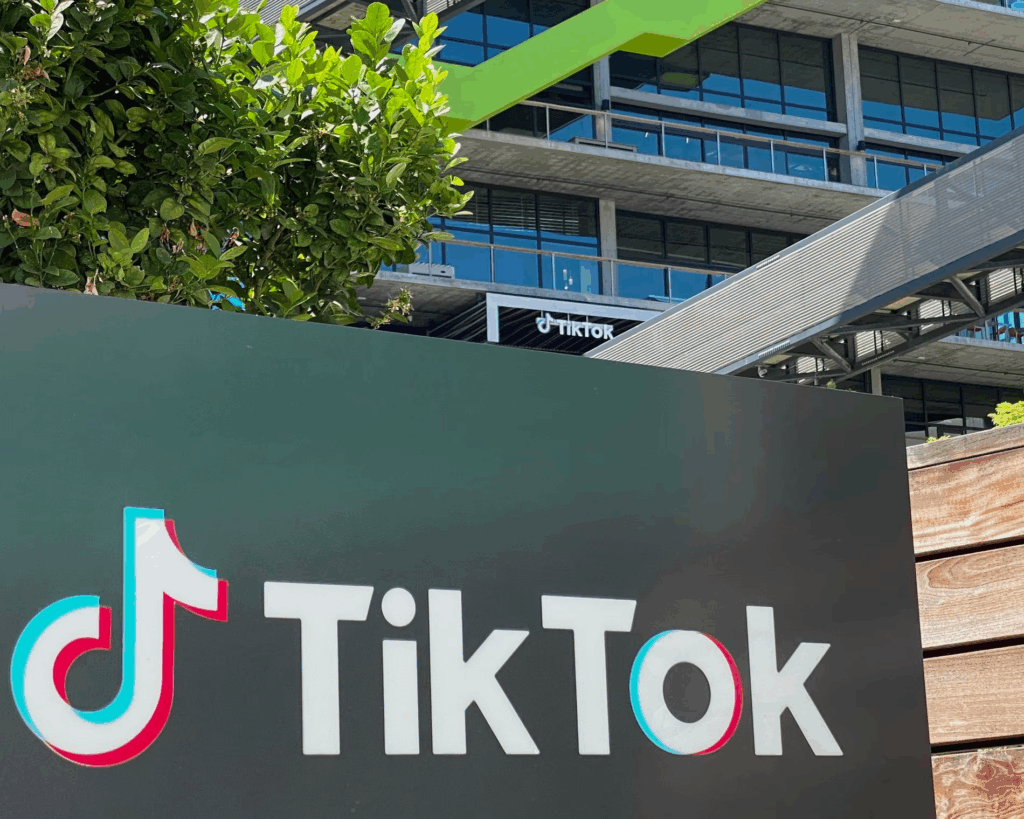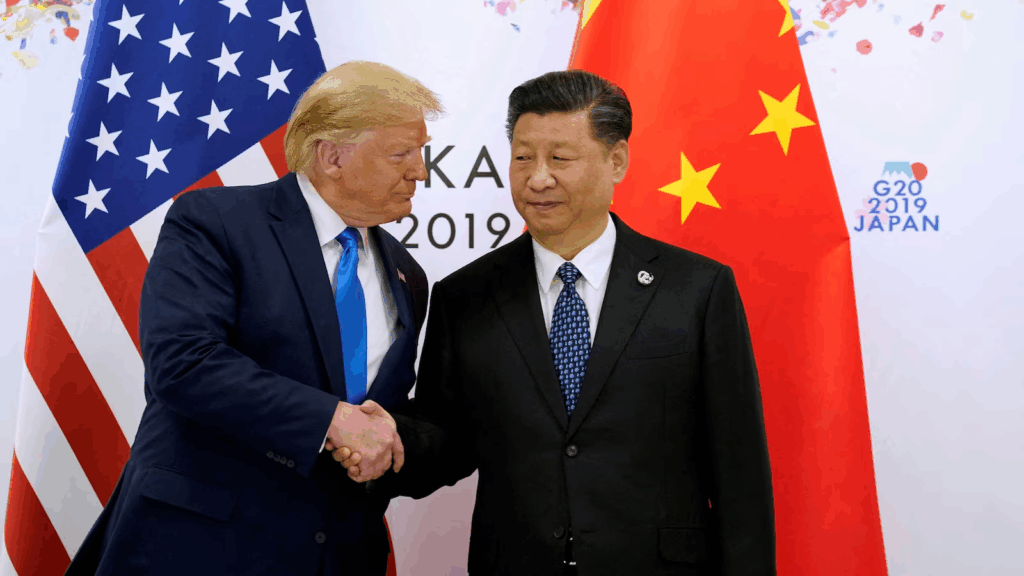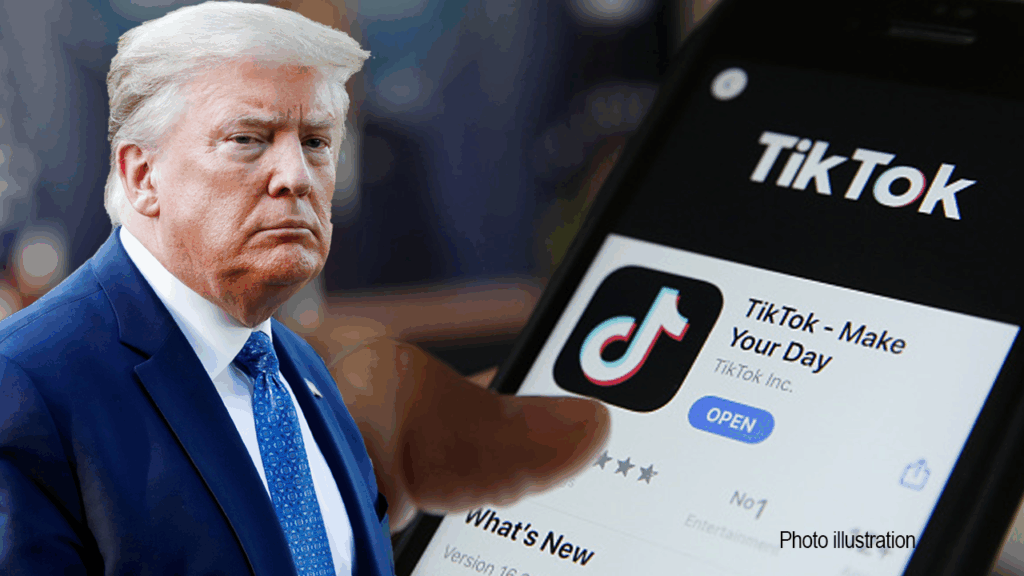In a move that has captured global attention, former U.S. President Donald Trump recently indicated that a deal to sell TikTok back to Chinese owners is “close to completion.” This development marks a potential turning point in the ongoing saga surrounding the popular social media platform and its complex relationship with national security concerns.

TikTok, owned by Chinese tech giant ByteDance, has become a cultural phenomenon worldwide, especially among younger audiences. However, its rapid rise has also sparked fears among U.S. officials regarding data privacy and national security. Concerns revolve around the possibility that user information could be accessed by the Chinese government, leading to calls for bans or forced sales of the platform in the United States.

During the Trump administration, efforts were made to ban TikTok or require its sale to American companies, citing national security risks. These measures, however, faced legal challenges and were ultimately put on hold, leaving the future of TikTok in limbo.
In recent weeks, sources close to the negotiations have reported a significant thaw in relations. Trump publicly suggested that an agreement was “almost finalized,” with talks focusing on transferring TikTok’s U.S. operations back to American oversight or to a consortium involving American investors.

While details remain confidential, insiders suggest that the proposed deal could involve:
The sale of TikTok’s U.S. operations to a U.S.-based company or consortium.
Strict data security measures to prevent Chinese access.
Continued operations of TikTok in the U.S. under American oversight.
Possible commitments from ByteDance to restrict data flow to China.
If finalized, this would not only resolve a long-standing dispute but could also set a precedent for how countries regulate foreign-owned technology platforms.

Should the deal go through, it could be one of the most significant agreements in the realm of international tech and security policy in recent years. It would demonstrate that diplomatic and economic negotiations can bridge complex geopolitical tensions over digital sovereignty.
The prospect of a near-deal to sell TikTok back to China opens a new chapter in the ongoing saga of technology, security, and diplomacy. Whether this will be a historic breakthrough or a temporary pause remains to be seen, but it undeniably marks a pivotal moment in the global conversation about data sovereignty and international cooperation.